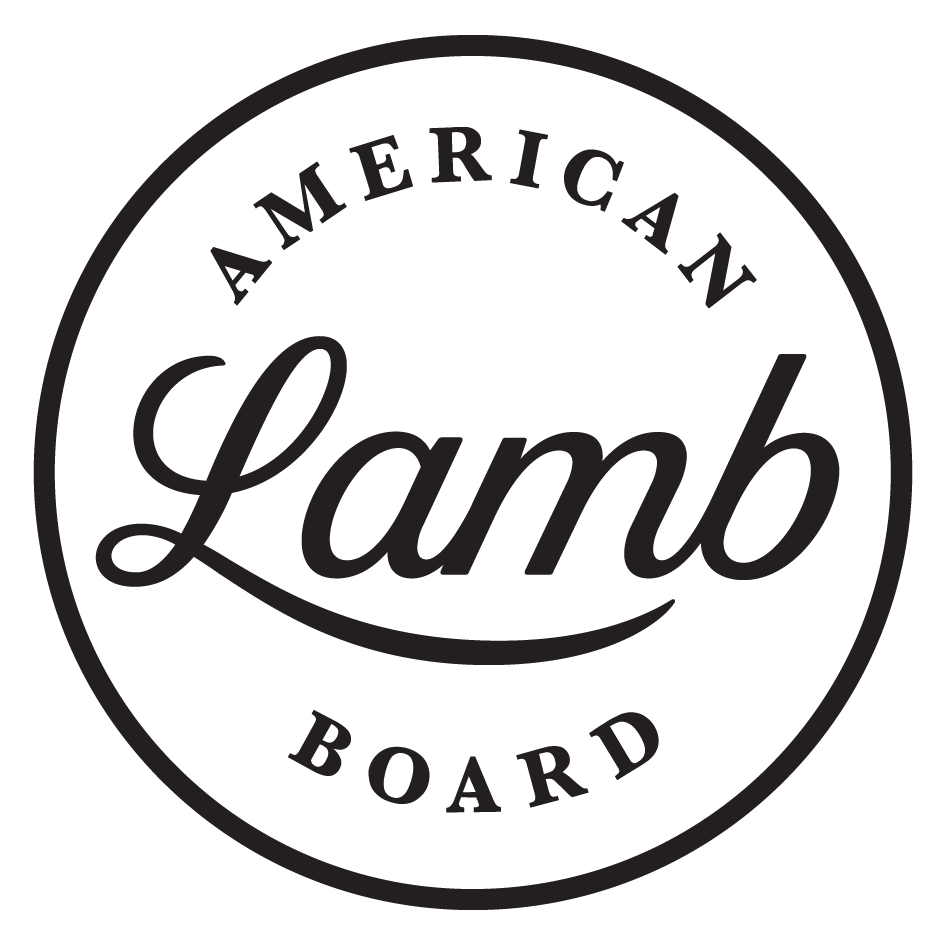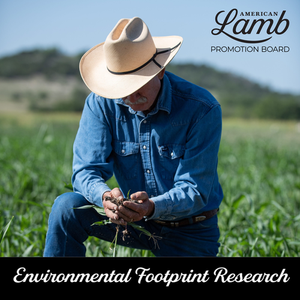Environmental Footprint Research Discussed at Lamb Summit
The American Lamb Board’s (ALB) benchmark research on the environmental footprint of the US lamb industry is within months of completion. Michigan State University (MSU) researchers Richard Ehrhardt, PhD, and Erin Reckenwald, PhD, gave American Lamb Summit participants a preview of the study August 19, 2022.
The focus of this research, funded by the mandatory American Lamb Checkoff, is collecting data from representative US sheep farms/ranches and feedlots related to greenhouse gas emissions. The four types of operations represented are: intensive production, intensive grazing, extensive grazing and range.
From this data, MSU researchers will compare the amount of greenhouse gases (GHG) required to produce 1 kilogram of lamb from each production type. “We must have solid, actual data on American Lamb’s environmental footprint,” says ALB Chairman Peter Camino. “We need to have science to accurately tell our US Lamb story instead of the assumptive data that has put a black eye on our entire industry. Plus, as an industry, it’s time we have benchmark data so we are able to work on specific weaknesses and build on strengths.”
Major food production industries in the US have completed research to establish GHG emissions per 1 kilogram of product, points out Ehrhardt. American Lamb is grown and marketed in a variety of ways. The MSU project is the first of its kind, so extra care is being taken to develop measurements that can be used over time, he added.
Even though the research isn’t complete, ALB has increased its communications about sustainability during 2022. For example, earlier this year outreach on the benefits of grazing sheep for forage control in solar fields was popular. “Grazing is a real benefit sheep bring, but consumers and influencers aren’t going to know that until we share our story,” says Camino.
ALB is completing a new documentary-style video on the benefits of grazing featuring actual producers covering topics such as fire suppression and regenerative soil practices. In addition, food influencers from urban areas have been taken on sheep farm/ranch tours and information on sustainability will be collected in the upcoming National Lamb Quality Audit.

